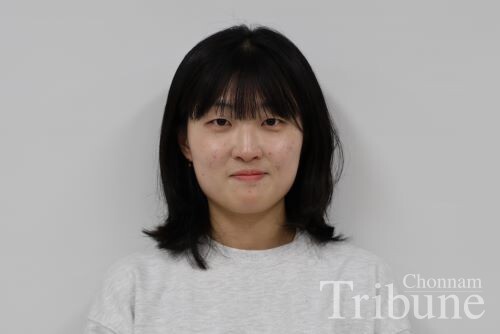
In Korea, the “52-hour workweek” is a standard regulation across industries. However, there is still ongoing debate about whether semiconductor research and development (R&D) should be exempt from this rule. Proponents argue that the rigid weekly hour limit stifles innovation, while critics contend that the exemption undermines workers’ rights and contradicts the country’s broader labor policies.
I think the 52-hour workweek rule should be applied flexibly to meet the specific demands of each industry. Countries with strong semiconductor industries, like the United States and Taiwan, have already provided flexible working conditions for R&D professionals to maintain global competitiveness. In Korea, strict labor laws limit working hours, even in fields that require intensive research. Consequently, many researchers and engineers struggle to meet project deadlines as semiconductor innovation requires lengthy experimentation and problem-solving.
The 52-hour workweek has both advantages and drawbacks, making it crucial to consider industry-specific needs. While reducing excessive working hours is essential for employees’ well-being, R&D is not suited to a one-size-fits-all approach. In fact, companies with more flexible work policies tend to show higher productivity and faster technological progress.
Labor laws should protect workers while allowing sufficient flexibility to remain economically viable. Therefore, the semiconductor industry should be permitted to implement a customized work-hour policy that balances worker rights with industrial demands. In my view, the “52-hour workweek” should be restructured to reflect the specific nature of the work.
By Song Ye-rim, Junior, Dept. of Chinese Language and Literature

